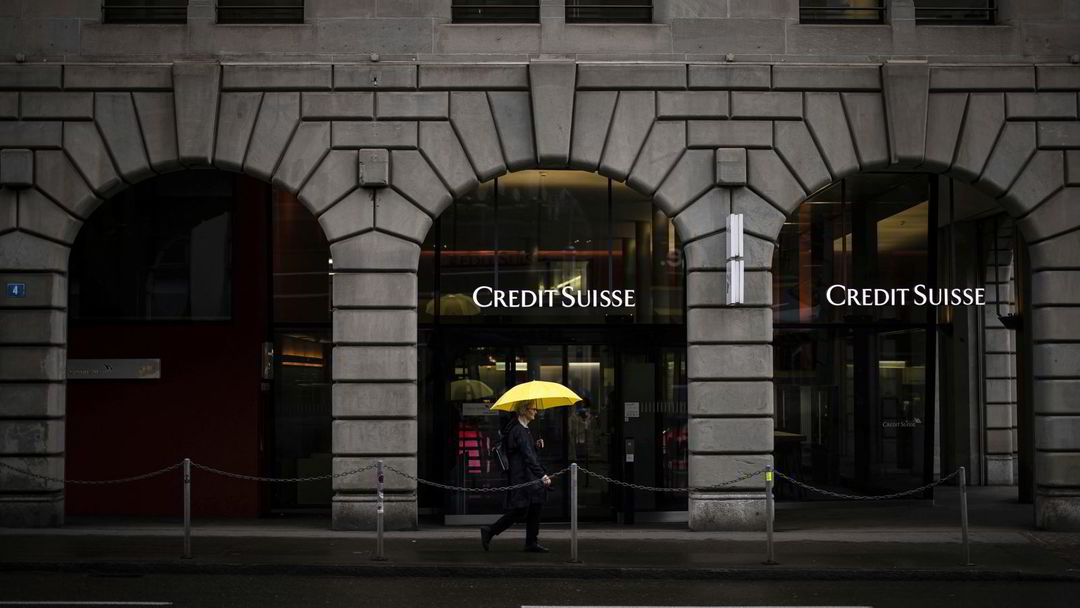In the wake of Credit Suisse’s collapse a little over a week ago, another special situation is emerging for some of the bank’s creditors.
Now we are talking about the bank’s “catastrophe bonds” – a type of loan taken out by the bank which is supposed to act as a kind of insurance against crises caused by fraud against the bank or accounting errors. Should such a crisis occur, the loan amount can be written down, and the bond’s owners will be left with nothing other than the interest they may have received until then.
Paradoxically, it may appear that these bonds may survive the fall of the bank itself. This is the opinion of the credit rating agency DRBS Morningstar, which sees it as likely that the bonds will be transferred to Credit Suisse’s new owner UBS, according to the Bloomberg news agency.
If so, the bondholders will do much better than another category of creditors at Credit Suisse. The Swiss supervisory authority Finma chose to crush the owners of the bank’s hybrid capital, investors who had additional tier 1-papers on hand. This has been one of the most talked about episodes in Credit Suisse’s fall, with creditors surprisingly getting nothing while shareholders got some UBS shares after all.
Hit number two
AT1 securities have characteristics that enable the bank to treat it as Tier 1 capital, almost equal to equity. The capital class is comparable to Norwegian mutual fund bonds.
Although the holders of AT1 securities are far down the ranking of creditors, they are better off than the shareholders of a company in most situations. Credit Suisse’s AT1 investors were nevertheless disadvantaged by the Swiss authorities, and once again it may thus appear that the AT1 owners suffer for the benefit of others.
The investors who sat with Credit Suisse’s fund bonds, a total of over NOK 180 billion, were completely written off their values last weekend. The Swiss authorities explained this with the “extraordinary support” for the bank.
– Finma’s decision to write down the entire value of Credit Suisse AT1 bonds should not affect these disaster bonds, says credit analyst Marcos Alvarez at DBRS Morningstar to Bloomberg.
– I do not believe that the disaster papers will not be fulfilled in the short term, he adds.
He expects instead that the buyer of Credit Suisse, UBS, will take over as issuer of the bonds.
Credit Suisse does not want to comment on the matter to Bloomberg.
Zero creditors before shareholders
The Swiss authorities do not have to follow European supervisory rules for banks, and opted for an unorthodox ranking of shareholders and creditors when Credit Suisse was taken over last weekend.
When UBS took over Credit Suisse in an acquisition that valued Credit Suisse at just three billion Swiss francs, the shareholders, including the Saudi National Bank and the Qatar Investment Authority, got something back on their investments. Although it was far below market value, Finma’s turnaround created a lot of reactions because shareholders were taken care of while AT1 creditors were zeroed out. (Terms)Copyright Dagens Næringsliv AS and/or our suppliers. We would like you to share our cases using links, which lead directly to our pages. Copying or other forms of use of all or part of the content may only take place with written permission or as permitted by law. For further terms see here.
